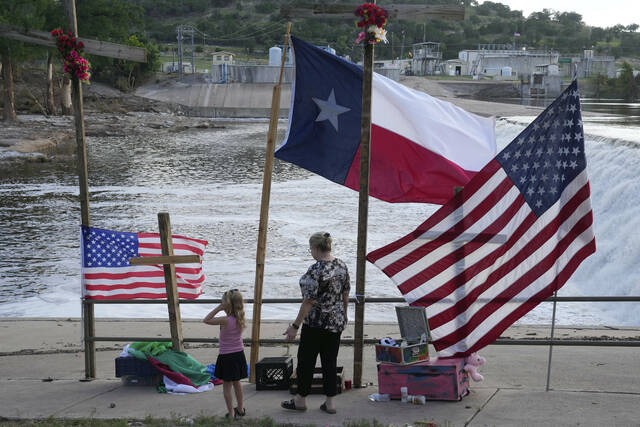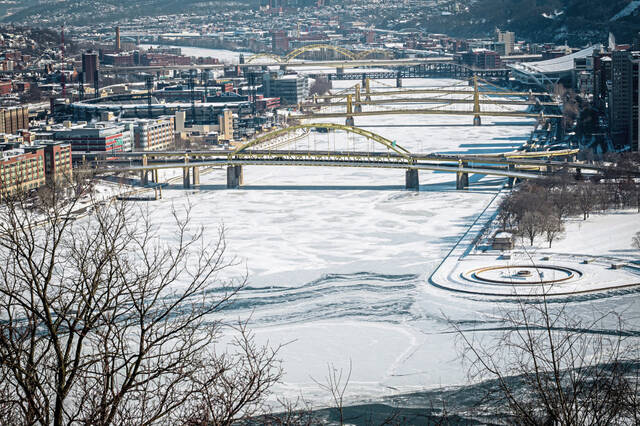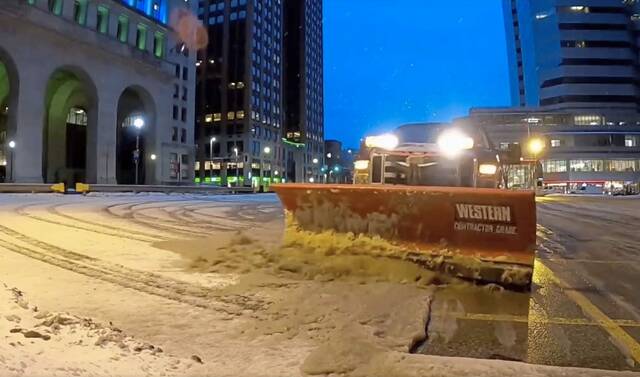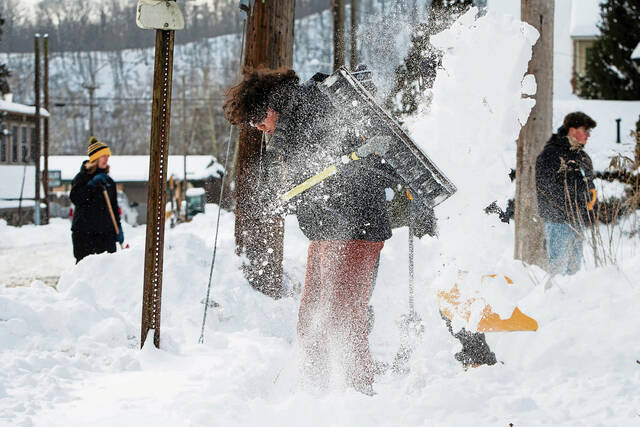Rising waters threatened. Alerts were issued. Girl Scouts were evacuated.
It might sound like the story of the flash floods in Texas, where 27 people were killed at a Christian girls camp by the sudden weather. But it isn’t.
It’s the story of 105 people escorted from a Kummer Road cabin in North Park in June when a stream began to overflow and emergency crews responded.
The girls and their counselors were fine. Unlike the Camp Mystic tragedy and the broader catastrophe in Texas that has seen 120 people killed and at least 160 still missing, the Allegheny County incident ended with no long-lasting problems.
That doesn’t mean evacuating the cabin was an overreaction. It means it was the right reaction.
“Overkill is OK in this situation because the danger posed if you don’t take it seriously is so great,” said the Rev. Brandon Cooper of McCandless, father of one of the girls rescued.
There is a three-legged stool of support during natural disasters like a flash flood. There are the emergency services that anticipate, the responses that address it in the moment and the recovery efforts that follow the flood or tornado or earthquake or other act of God.
No one disputes the importance of what happens while the emergency occurs or the cleanup afterward. But sometimes caution is dismissed as excessive. It shouldn’t be.
Sometimes, when what was predicted doesn’t happen, it isn’t because there was never a threat. It’s because someone listened to the warnings.
No one is immune to natural disasters. They might be different from place to place, but there is always the potential. It must be respected and anticipated if the worst outcomes are to be averted.
The Federal Emergency Management Agency, the Pennsylvania Emergency Management Agency and local response teams are critical and must be supported and maintained.
However, we also must continue to fund and support the National Weather Service and National Oceanographic and Atmospheric Administration and other predictive organizations. And we must prioritize protective actions like flood-control projects for the same reason we have smoke alarms and car insurance. They mitigate the worst.
“Thankfully, it didn’t happen here. The measures they took prevented that,” Cooper said. “I can just imagine now what the families must be going through down there for days — I had it for an hour.”








